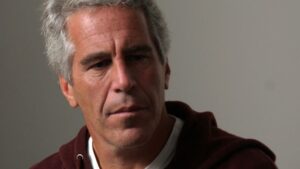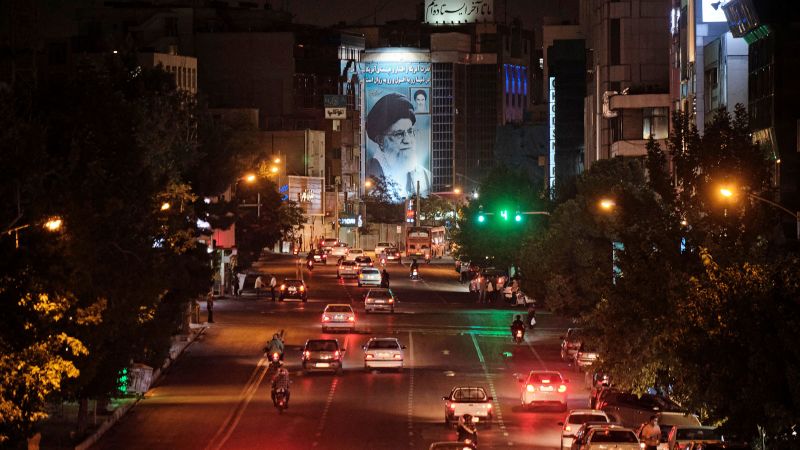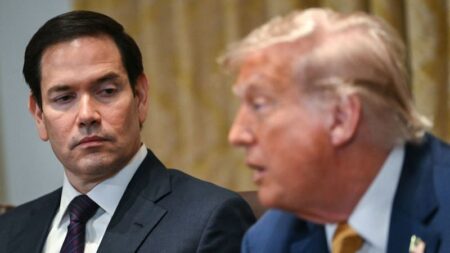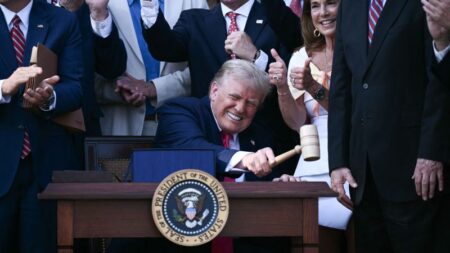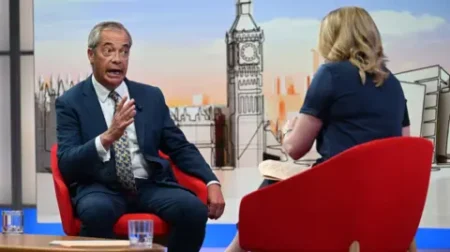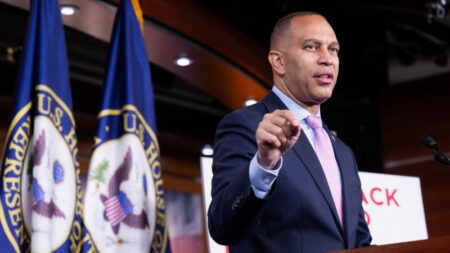In recent developments concerning the ongoing nuclear negotiations between Iran and the United States, a senior Iranian official has expressed significant discontent over a newly proposed agreement, describing it as “incoherent and disjointed.” This statement, conveyed to CNN, reflects a growing sense of pessimism surrounding the negotiations aimed at securing a new nuclear deal. Sources who are familiar with the state of the talks have indicated that the momentum toward a new agreement is seemingly faltering.
Interestingly, this private skepticism stands in stark contrast to the public statements made by President Donald Trump, who expressed optimism just a week prior. Trump proclaimed that the administration was “very close to a solution,” suggesting that progress was being made despite the contrasting viewpoints emerging from Tehran.
Further complicating the negotiations is the United States’ altered stance regarding uranium enrichment in the latest proposal. CNN reports that the U.S. may now be open to investing in Iran’s civilian nuclear power program, marking a notable shift from previous assertions that any enrichment within Iran would be off the table. This proposed consortium managing the enrichment of low-level uranium is likely to include neighboring Middle Eastern countries as well as the International Atomic Energy Agency (IAEA), which serves as the United Nations’ nuclear watchdog.
Historically, U.S. officials had stated that any deal would necessitate a cessation of all Iranian enrichment activities, a mandate Tehran categorically rejected. However, this new openness to low-level enrichment reignites concerns among hardliners within both the U.S. and Israel. Such an allowance could evoke memories of the 2015 nuclear agreement from which Trump had previously withdrawn.
Despite the apparent thaw in discussions regarding enrichment, Trump reiterated his administration’s hardline stance on Monday, asserting on his Truth Social platform, “WE WILL NOT ALLOW ANY ENRICHMENT OF URANIUM,” in response to questions about the proposed agreement. This declaration underscores the confusion and inconsistency surrounding U.S. policy on this critical issue.
The Iranian side has shown a willingness to entertain the idea of an enrichment consortium, but insists that any control remains firmly in their hands. The Iranian official criticized the latest U.S. proposal, characterizing it as unrealistic and laden with excessive demands. They pointed to U.S. inconsistency as a primary obstacle to a successful negotiation, stating, “The fact that the Americans constantly change their positions has so far been the main obstacle to the success of the talks and now makes the work more difficult than ever.”
Moreover, the official contended that the current proposal contradicts previous understandings that had been reached during earlier negotiations. Specifically, they claimed that “the text is clearly in conflict with the latest agreement reached during the fifth round of negotiations,” emphasizing that Iran’s position regarding enrichment remains “firm and steadfast.”
The fifth round of high-stakes talks concluded in Rome on May 23, during which growing skepticism was evident in Tehran concerning the prospects for a viable deal. Despite an agreement to reconvene in the near future, informants now express uncertainty regarding the scheduling of the next round of negotiations, casting doubt on the future of these talks.
As discussions continue to face challenges from both sides, the implications of these interactions extend far beyond bilateral relations, calling into question broader geopolitical dynamics in the region. The stakes are notably high, given the international community’s vested interest in the outcome of these negotiations.
This story has been updated with additional information and insights contributed by CNN’s Samantha Waldenberg, illuminating the intricacies of a situation that remains fluid and unpredictable. As stakeholders navigate the complex landscape of diplomatic negotiations, the possibility of a resolution remains an ongoing subject of contention and speculation.

